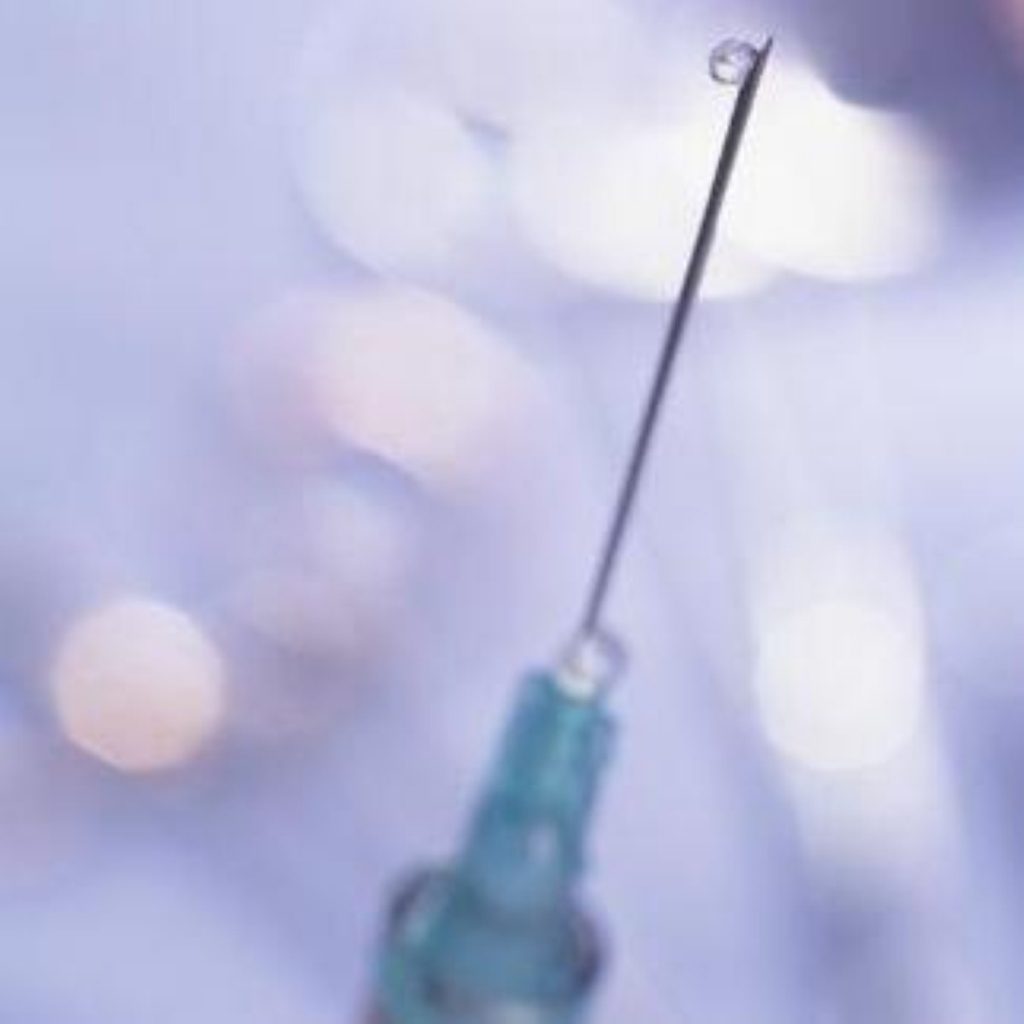Calls for hepatitis B immunisation
All children should be immunised against hepatitis B, according to the British Medical Association.
Transmission of the potentially fatal liver disease is increasing in the UK, with notification in England in Wales up by 135 per cent between 1992 and 2003.
The BMA argues that immunising all children against the virus would save lives and prevent untold suffering to patients.
The organisation also says the move would be cost effective, saving the NHS millions of pounds currently spent each year on treating liver disease and cancer caused by hepatitis B.


Deputy chairman of the BMA Dr Sam Everington said: “The vaccine is extremely safe and millions of babies around the world have been immunised and protected against a major cause of cancer.”
The virus is 50 to 100 times more infectious than HIV, and can be transmitted through contact with infected blood or body fluids. So hepatitis B can be passed on through saliva on children’s toys, from mother to child during birth, exposure to open wounds or shared toothbrushes or razors.
Once someone is infected the treatment options are limited and the virus can lead to cirrhosis of the liver, cancer and death.
Globally someone dies from hepatitis B every 30 seconds, and there are 350 million carriers, an estimated 180,000 of whom are in the UK.
The Department of Health acknowledges that foreign holidays and migration are likely to increase the rates of infection, but maintains incidence of the disease in the UK is stable and low.
The World Health Organisation recommends routine hepatitis B vaccination of babies, but the BMA believes the row over the MMR vaccine explains the UK government’s reluctance to comply.
At present hepatitis B immunisation in the UK is focused on high-risk groups, such as babies of infected mothers, intravenous drug users and homosexual men. A review of the UK’s hepatitis B vaccination programme is currently underway.
Parent support group JABS – which has campaigned against he multiple MMR jab – rejected the idea of a new immunisation.
Founder and national co-ordinator Jackie Fletcher said that hepatitis B was predominantly an adult disease transmitted through blood, sexual intercourse and sharing needles.
“I’m greatly concerned at the suggestion of another vaccine for babies, particularly with hepatitis B, which is known to be an adult disease … it’s the reactionary blind sweep that I would take issue with.”
The BMA says the hepatitis B jab is “extremely safe”, but Ms Fletcher said all vaccines carried a risk of an adverse reaction. In addition, the effectiveness level of the vaccine was not known: “If you are going to give it to a baby, is it going to protect them all through their life?”

